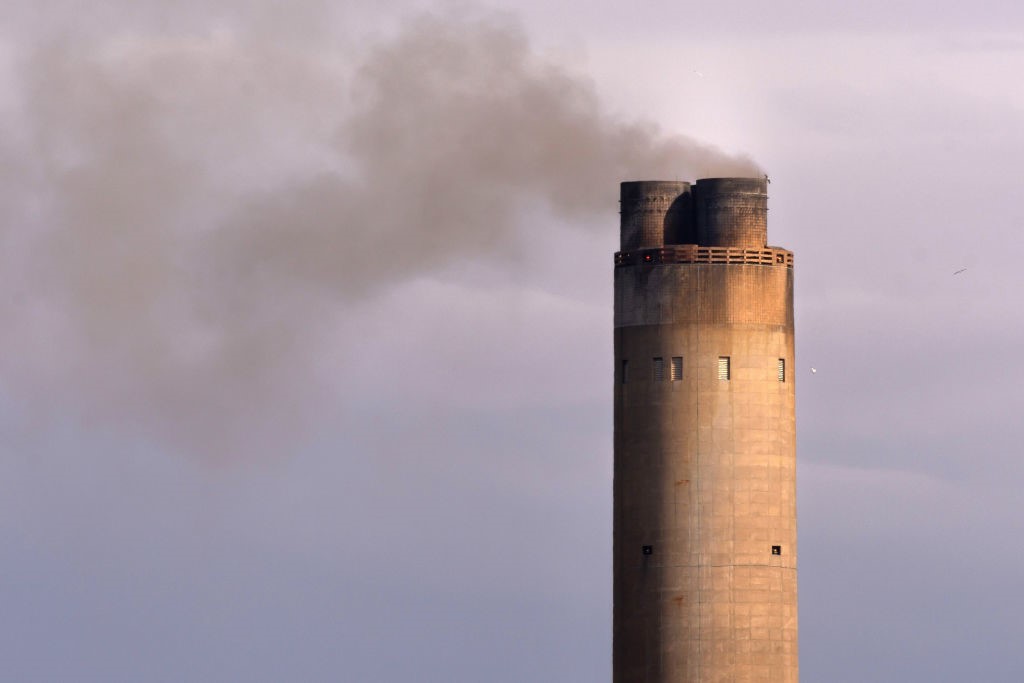September 16, 2020
DEP : It’s 2005, New Jersey Becomes Charter Member of RGGI
New Jersey is determined to smoke out pollution.

The Garden State is a national leader in the fight against climate change – and one of its most potent efforts is the Regional Greenhouse Gas Initiative, which is aimed at cleaning up carbon dioxide being spewed into the air in order to reduce global warming.
RGGI – New Jersey was one of its founding members – is part of Governor Murphy’s goal to achieve 100 percent clean energy by 2050. Though New Jersey stepped away from the program for several years, the state rejoined RGGI in 2019.
The state has participated in three RGGI auctions now, which have brought in almost $68 million. On Sept. 4, the DEP announced proceeds from the latest auction: New Jersey received $25 million – $5 million more than estimated.
How will these dollars help New Jersey communities? The result is more investments in the ideas proposed in the RGGI strategic funding plan. The DEP and partners, the BPU and the NJEDA, created this investment plan to ensure that RGGI proceeds will be funneled to programs and projects that not only will achieve our electrification goals, but also will benefit the state’s environmental justice communities.
And now, a look at 2005 …
In 2005, New Jersey was one of the seven founding members of the Regional Greenhouse Gas Initiative, the first mandatory cap-and-trade program in the United States to limit carbon dioxide emissions from the power sector.
The agreement that launched RGGI came after more than two-and-a-half years of negotiations and was signed by New Jersey, New York, Delaware, Connecticut, New Hampshire, Vermont and Maine. The original Memorandum of Understanding outlined a plan to cap regional CO2 emissions at 121.3 million tons per year, beginning in 2009, and to reduce emissions by 10 percent below that level by 2018.

Fossil fuel power plants, with capacity greater than 25 megawatts, would be required to obtain allowances for each ton of CO2 emitted annually by purchasing such allowances at quarterly auctions, from other generators in the region or from offset projects. Generators that reduced their emissions could sell unused allowances to other companies.
“This regional, market-based bipartisan program will demonstrate to other states and to the world that carbon dioxide pollution can be reduced in a way that expands markets and economic opportunities,” said then-DEP Commissioner Bradley Campbell. “Ultimately, the success of this model will lead the way to a national program to cut greenhouse gas pollution and reduce the threat of global climate change.”
Also in 2005, New Jersey became one of the first states to classify carbon dioxide as an air contaminant, and the first state to place diesel emission controls on all public and privately owned transit buses and garbage trucks.
Despite its role in launching the initiative, New Jersey withdrew from RGGI in 2012. However, the state officially re-entered the compact on Jan. 1, 2020.
###
 OFFICIAL SITE OF THE STATE OF NEW JERSEY
OFFICIAL SITE OF THE STATE OF NEW JERSEY